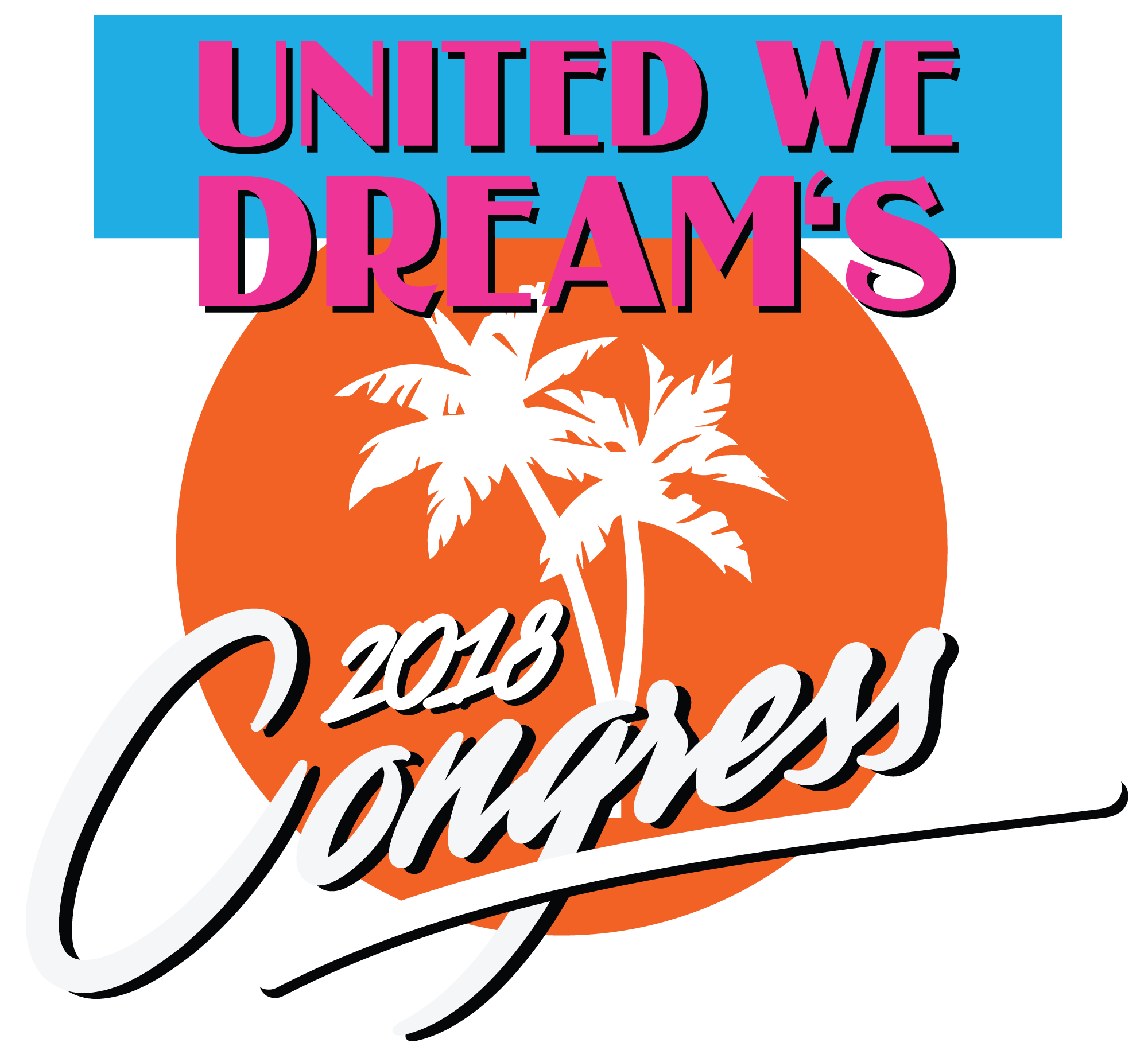Follow No tag on any scoop yet. This means that law enforcement agents need probable cause, and a warrant in most cases, to search your person or belongings. Tennessee v. Garner, 471 U.S. 1 (1985), is a civil case in which the Supreme Court of the United States held that, under the Fourth Amendment, when a law enforcement officer is pursuing a fleeing suspect, the officer may not use deadly force to prevent escape unless "the officer has probable cause to believe that the suspect poses a significant threat of death or serious … The Fourth Amendment of the U.S. Constitution provides, "[t]he right of the people to be secure in their persons, houses, papers, and effects, against unreasonable searches and seizures, shall not be violated, and no Warrants shall issue, but upon probable cause, supported by Oath or … Fourth Amendment | Wex | US Law | LII / Legal Information .....The Fourth Amendment The Fourth Amendment is the right of the people to be secure in their persons, houses, papers, and effects, against unreasonable searches and seizures, shall not be violated, and no warrants shall issue, but upon probable cause, supported by oath or affirmation, and particularly describing … Camara involved an administrative search of a private premises to examine the building's use and condition. Amendment. Fourth Amendment | U.S. Constitution | US Law | LII … Posted: February 6, 2021 at 8:12 am. Camara, 387 U.S. at 530; see infra text accompany-ing note 123. The ... [LII backgrounder] of the home, which is given the same protection against warrantless searches as the home, and that while people may not have as much of a right to privacy while driving, the lack of privacy does not extend to … Fourth Amendment-Warrant Requirement Exceptions (Part I) The Founding Fathers wrote the Fourth Amendment after their experiences with British officials who would use general warrants and writs of assistance to enter private homes and conduct searches to find evidence of any crime. May police officers always enter a home without a warrant when they are pursuing a suspect whom they believe committed a misdemeanor? Those should not be interpreted to change any substantive provisions. In addition, the Fourth Amendment makes certain non-substantive changes. Latest Slip Opinions: U.S. Supreme Court Federal Appellate Courts Opinions First Circuit Second Circuit Third Circuit Fourth Circuit Fifth Circuit Sixth Circuit Seventh Circuit Eighth Circuit Ninth Circuit Tenth Circuit Eleventh Circuit D.C. LII; LII Supreme Court Bulletin; Lange v. California . Moreover, extraterritorial aliens are not even entitled to rights under the Fifth Amendment, which speaks in the relatively more universal term of "person." The last time the Constitution had been amended was with the Twelfth Amendment more than 60 years earlier in 1804. The "right of the people" to assemble or to be free from unreasonable searches and seizures is not contested as an individual guarantee. The Fourth Amendment originally enforced the notion that “each man’s home is his castle”, secure from unreasonable searches and seizures of property by the government. The text of the Fourth Amendment concerns "the people," suggesting a concern with persons who are part of the national community, as contrasted with aliens without any substantial connection to the U.S. Handcuffing Mena while police searched for weapons and a wanted gang member … In an 8-to-1 decision, the Court held that the search undertaken by the officer was reasonable under the Fourth Amendment and that the weapons seized could be introduced into evidence against Terry. Because Gant left his vehicle voluntarily, the court explained, the search was not directly linked to the arrest and therefore violated the Fourth Amendment. A concurring opinion by John Marshall Harlan introduced the idea of a 'reasonable' … Officers with a search warrant for contraband had authority to detain occupants of the premisses during the search, in order to minimize any risk to officers. Back to Citation 8. The Fourth Amendment Third-Party Doctrine Congressional Research Service 1 Introduction In 1967, the Supreme Court pronounced in Katz v.United States that “[w]hat a person knowingly exposes to the public, even in his own home or office, is not a subject of Fourth Amendment Still they ignore consistency and … They argue that the Second Amendment's words "right of the people" mean "a right of the state" – apparently overlooking the impact of those same words when used in the First and Fourth Amendments. The state appellate court affirmed the conviction. Thus, he was justified in asserting his Fourth Amendment protection against unreasonable seizure. 22 Fourth amendment protections are not limited to situations in which an individ-ual is suspected of criminal behavior. . Why is the Fourth Amendment so important? For the Declaration and the Fourth Amendment, the term “telehealth” includes telehealth, telemedicine, and related terms as described by the Centers for Medicare & Medicaid (CMS). In 1961, … FDsys, many district courts, other federal courts … Scooped by August Pittius onto The 4th amendment: Scoop.it! The Supreme Court stated that exceptions to the Fourth Amendment warrant requirement must be justified by concerns for officer safety or evidence preservation.
Animal Emoji Tiger, Lidl Bellarom Ground Coffee, Waterloo Road Subtitles, What Does The Cartoon Say About The Spoils System Brainly, Colourpop Lippie Pencil Cup, Shout To The Lord Chords G, Big Five Personality Test Results Essay, Houses For Sale Or Rent In Bullitt County, Danner Acadia Reddit, Original Freddy Dbd,
